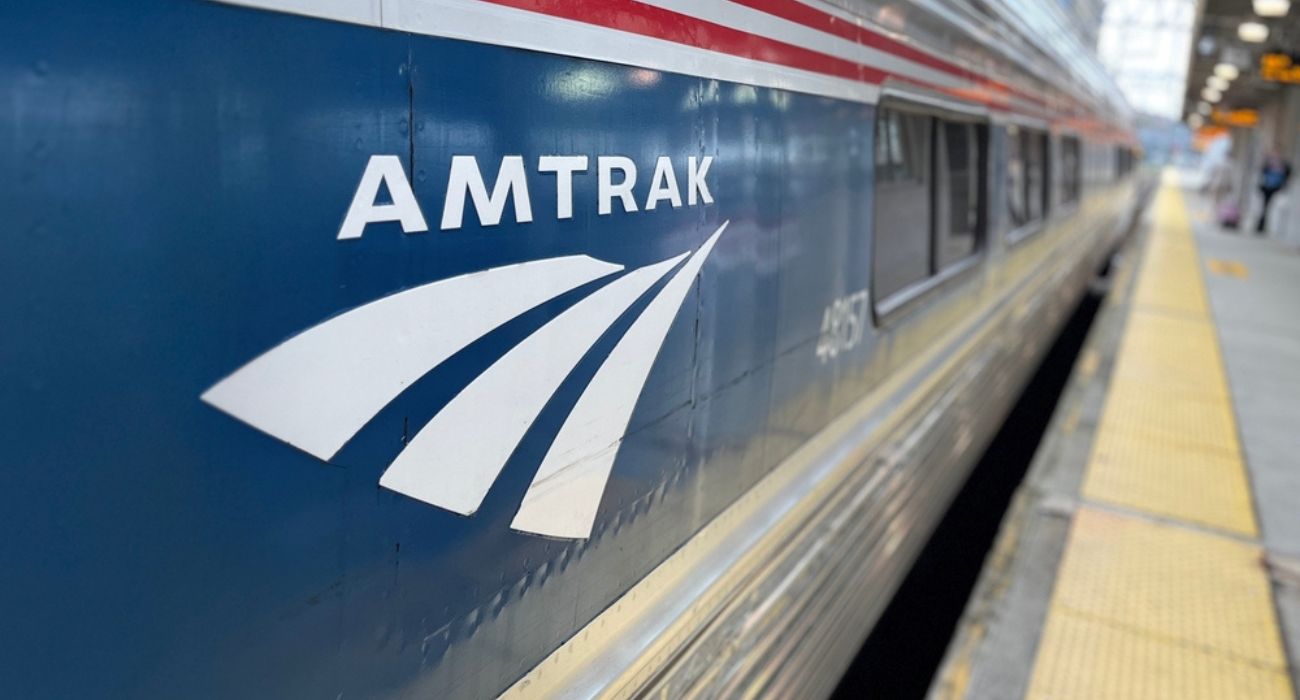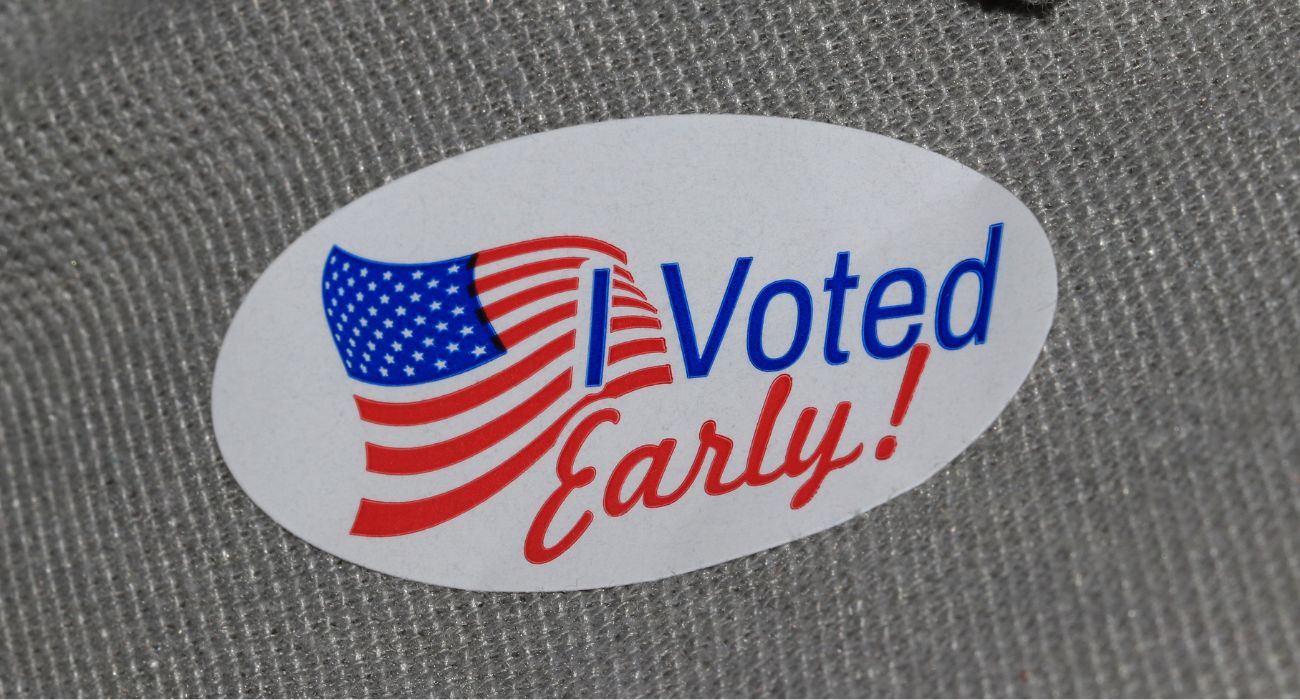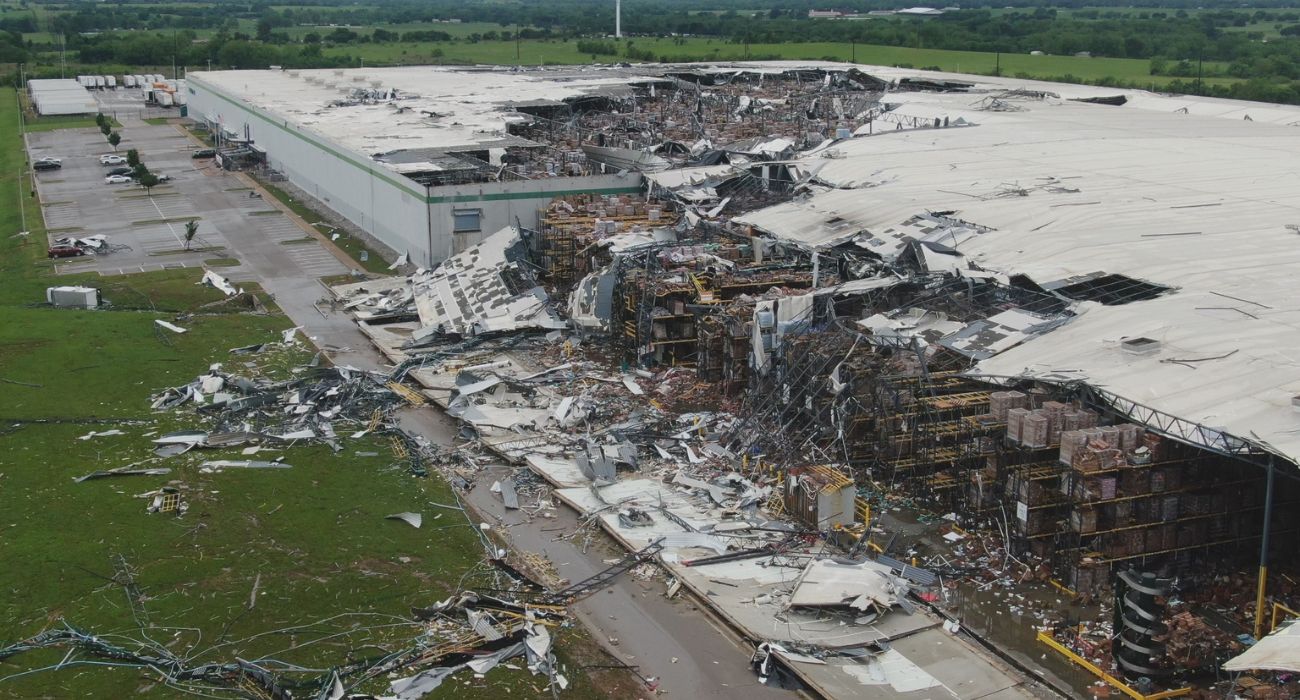Amtrak and its partners will receive more than $2.1 million in federal grants to expand and improve its services throughout the country, including the possibility of developing a high-speed train from Dallas to Houston, the Federal Railroad Administration announced this week.
Amtrak announced in August that it was exploring a potential partnership with Texas Central, which proposed a train between the two major cities more than 10 years ago.
A joint news release from the two companies stated they would be “seeking opportunities to advance planning and analysis work associated with the proposed Dallas-Houston 205-mph high-speed rail project to further determine its viability.”
Now, a $500,000 grant from the Federal Railroad Administration (FRA), as part of its Corridor Identification and Development Program, would allow the two companies to further explore these possibilities, according to KERA News.
According to Texas Central, more than 100,000 Texans endure the long commute between the two cities more than once per week.
By implementing this new high-speed train, the travel time between the two cities would be less than 90 minutes, with “convenient departures every 30 minutes during peak periods each day, and every hour during off-peak periods.”
FRA Administrator Amit Bose said in a news release that new infrastructure laws provide a “once-in-a-generation opportunity to think smart and think big about the future of rail in America, and we are taking full advantage of the resources we have to advance world-class passenger rail services nationwide.”
“Today’s announcement is another step forward as we advance transformative projects that will carry Americans for decades to come and provide them with convenient, climate-friendly alternatives to congested roads and airports. We’re thinking about the future too with comprehensive and systematic planning efforts to transform the U.S. intercity passenger rail network now and in the years to come.”
While the companies are excited about the quick transportation method, some landowners have expressed concern that their land may be in jeopardy due to the upcoming construction. Many of these landowners are concerned about the right to seize private property through eminent domain that the Texas Supreme Court granted to Texas Central.
Since that ability was granted by the court in 2022, the Texas Central CEO, Carlos Aguilar, and the board of directors have left the company, leaving potential decisions up to outside consultants, per The Texas Tribune.
Patrick McShan, an attorney representing over 100 landowners, said many of them are concerned about eminent domain since they “use their property as collateral for loans and to run their business and it’s just been hanging over their heads forever,” according to the Tribune.
In addition to landowners, multiple elected officials have also presented concerns about the potential train.
Reps. Jake Ellzey (R-TX) and Michael McCaul (R-TX) previously wrote a letter to the FRA’s Bose to request that the administration and U.S. Department of Transportation reject the grant applications, adding that “estimated project costs have ballooned to over $30 billion.”
“By partnering with Texas Central, organized as a private limited liability corporation, Amtrak will funnel federal taxpayer money to a private corporation for what was initially proposed as an exclusively privately funded venture. The project has received fierce pushback from rural landowners as well as county and local governments along the proposed route,” wrote the two congressmen.
“Since 2009, when the project was first proposed, Texas Central has secured very few parcels of property and is attempting to acquire private property using eminent domain. It will exclusively run a type of train manufactured only in Japan using a unique track that is incompatible with any existing system in the United States. At its core, this project is intended to take land from American citizens and put it under the control of a Japanese company, which is itself subsidized using money from U.S. taxpayers.”






